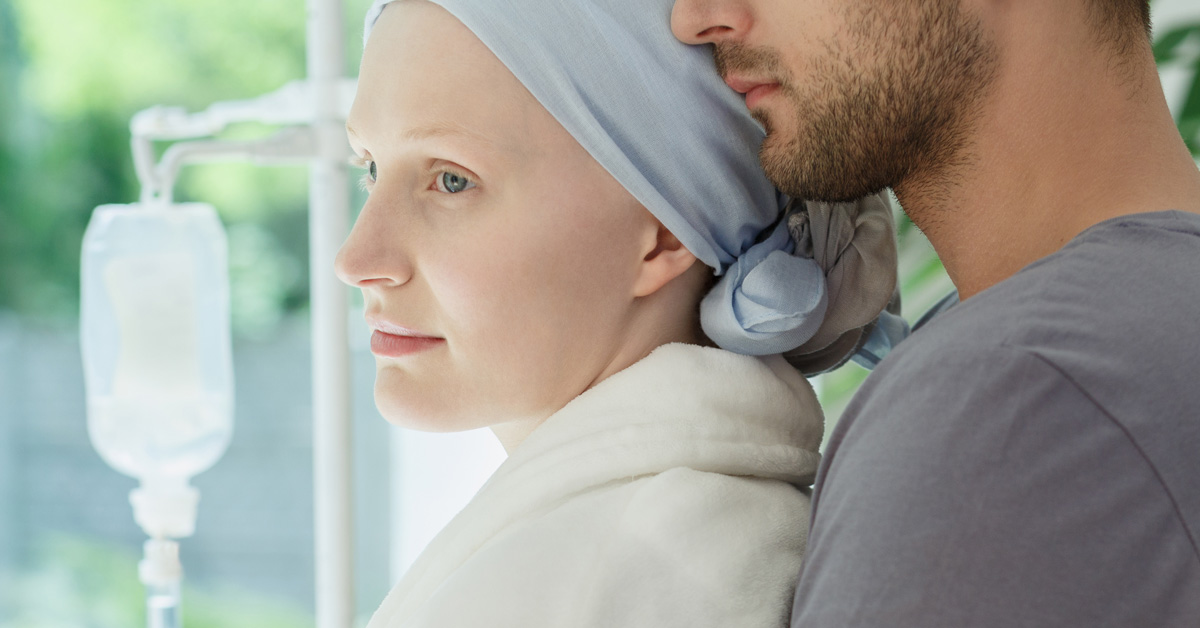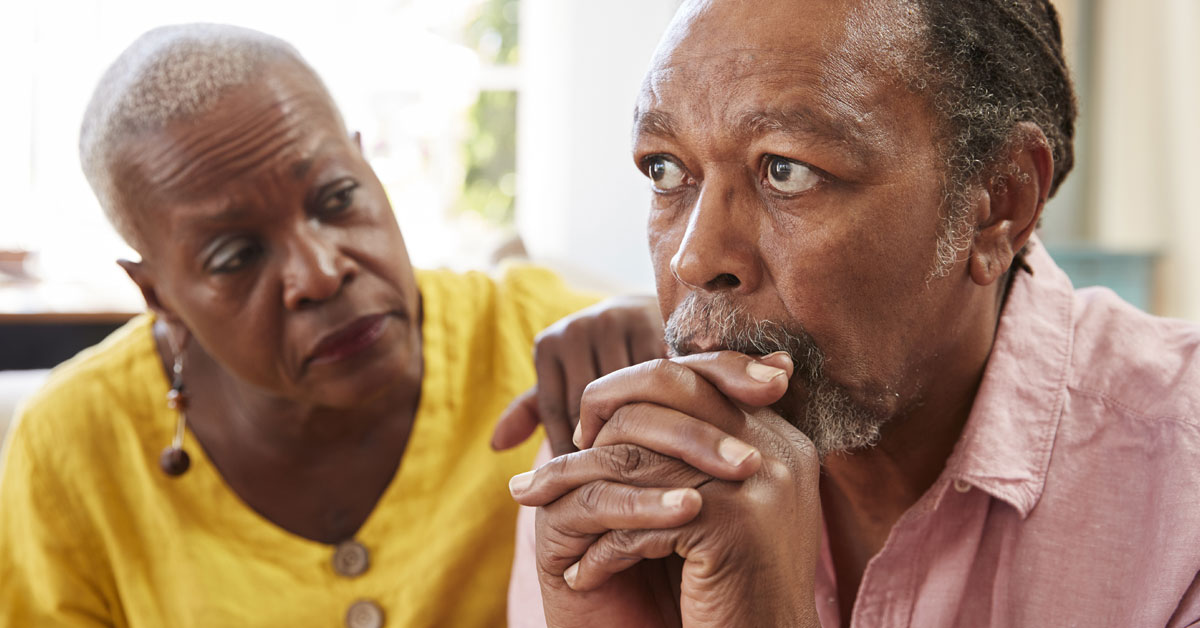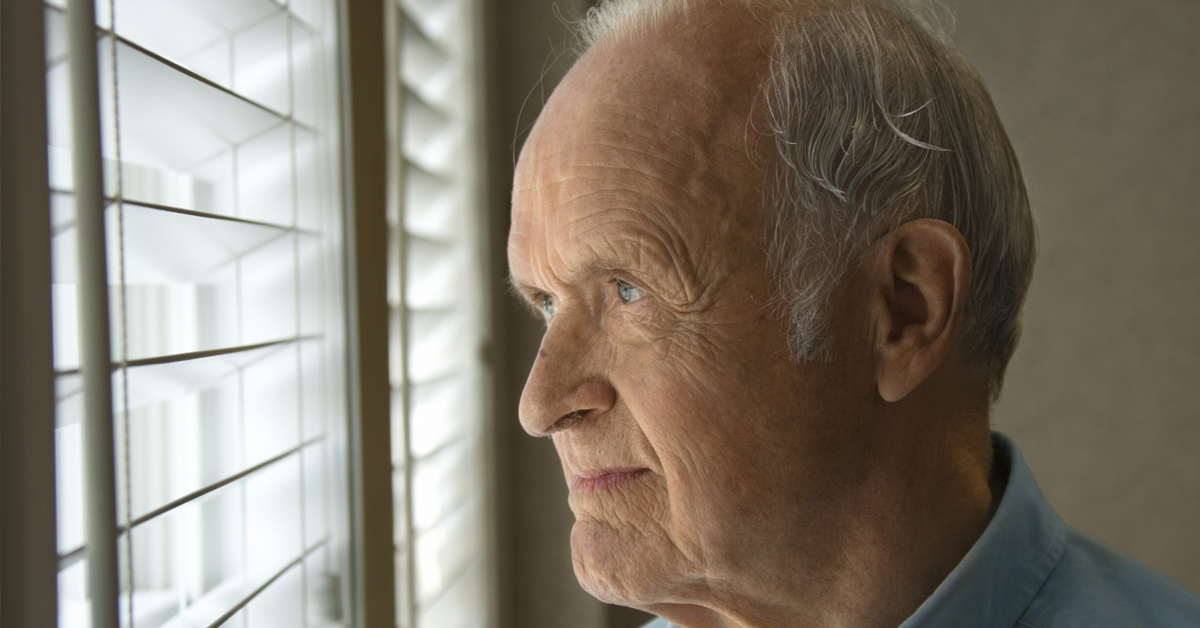
Differences Between Grief and Depression
Sooner or later, most of us will suffer deep grief over the death of someone we love. Grieving is a natural process that is inherent in humans. In some ways, grieving is a universal touchstone shared by all of us, making it common ground among family, friends, coworkers, and even strangers. The mourning process may take months or even years, and most people adjust to grief and adapt their lives afterward to the absence of their loved one. But for a minority of bereaved people, the grieving process may become a prolonged reaction.1
What Is the Difference Between Grief and Depression?
Both grief and depression may involve sadness, but they are two different emotional experiences. For most people, the emotional, mental, and physical symptoms experienced after a death can be attributed to normal grief. However, this is not always the case. It is important to understand the difference between grief and depression.
Grief can be defined as a natural response to a loss, including emotional, behavioral, physical, and cognitive. Grief is unique to each individual. An individual can exhibit any combination of the following:
- Change in appetite
- Sleep pattern disturbance
- Fatigue
- Anger, sadness, and loneliness
- Loss of interest
- And more
Depression is a clinical condition that, if left untreated, can become deadly. To be diagnosed with depression by a medical professional, an individual must have a certain number or combination of symptoms. These can include:
- Depressed moods
- Loss of interest in activities
- Sleeping too much or not enough
- Fatigue
- Feelings of worthlessness and/or guilt
- Thoughts of death or suicide
As you can see, there are similarities between grief and depression, as well as important differences.
What is Complicated Grief?
Bereavement is a normal response to loss, it is different from depression, although the two can coexist. When grief becomes prolonged or disabling, it is sometimes called “Complicated Grief” (CG). According to the journal of Depression & Anxiety, about 10 million people are newly bereaved each year. Most do not require professional intervention or treatment but may benefit from support.2
Complicated Grief (CG) is a form of prolonged, unrelenting grief that occurs in about 10-20% of bereaved individuals. CG is like being stuck in an intense state of mourning, disrupts daily routine and possibly leads to feelings of depression. The symptoms can include intense yearning and longing for the deceased, difficulty accepting the death, anger and/or bitterness regarding the death, and avoidance related to the reminders of the loss.3
Watch For Warning Signs Of Depression
People who are grieving a loved one are at increased risk of not just feeling depressed but developing clinical depression and other problems.4 If grief starts to become a health problem, friends and family may need to express concerns about specific signs and encourage professional help. Watch for these signs, especially more than two months after the death.
- Difficulty functioning in daily life
- Excessive bitterness, anger, or guilt
- Decreased personal hygiene
- Drug abuse, including alcohol
- Inability to enjoy life
- Hallucinations
- Isolation
- Hopelessness
- Talking about dying or suicide
If a grieving person talks about suicide, seek help immediately. One option is to call the nationwide suicide helpline: 1-800-273-8255.
References:
- Cozza SJ, Fisher JE, Mauro C, Zhou J, Ortiz CD, Skritskaya N, Wall MM, Fullerton CS, Ursano RJ, Shear MK. Performance of DSM-5 persistent complex bereavement disorder criteria in a community sample of bereaved military family members. American Journal of Psychiatry. 2016 Sep 1;173(9):919-29.
- Iglewicz A, Shear MK, Reynolds CF, Simon N, Lebowitz B, Zisook S. Complicated grief therapy for clinicians: An evidence-based protocol for mental health practice. Depression and anxiety. 2020 Jan 1;37(1):90-8.
- Horowitz MJ, Siegel B, Holen A, Bonanno GA, Milbrath C, Stinson CH. Diagnostic criteria for complicated grief disorder. Focus. 2003 Jul;1(3):290-8.
- Zisook S, Shear K. Grief and bereavement: what psychiatrists need to know. World Psychiatry. 2009 Jun;8(2):67-74. Last access: November 2022. doi: 10.1002/j.2051-5545.2009.tb00217.x.





